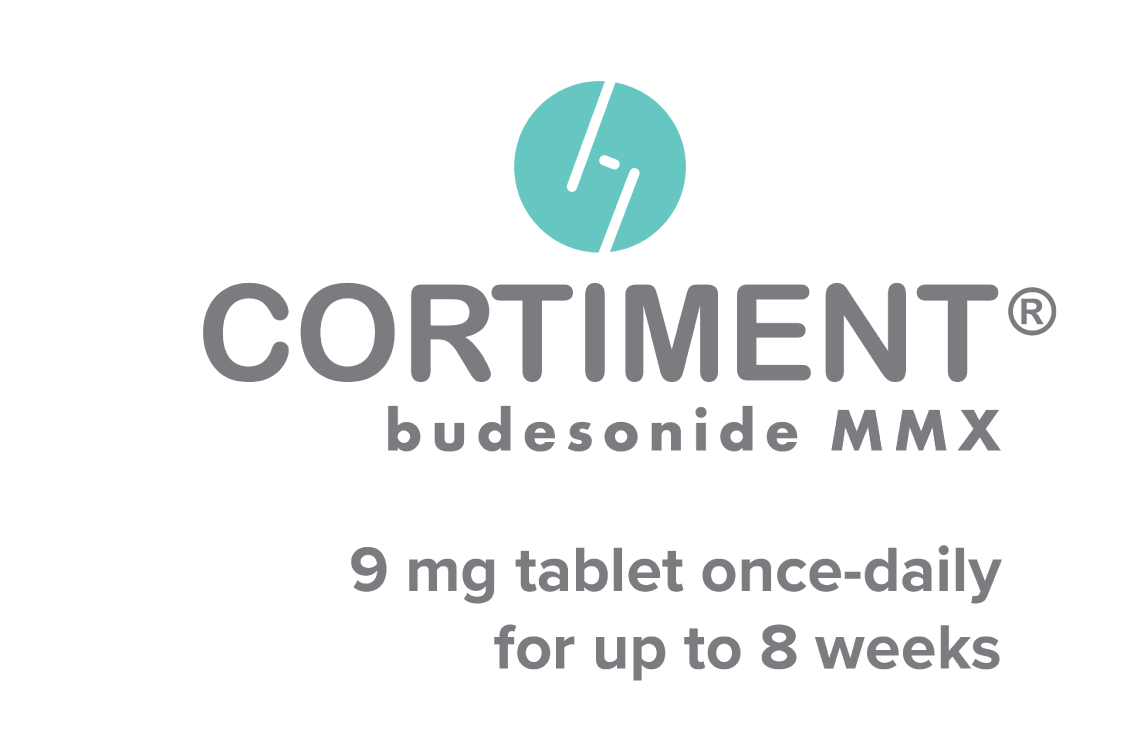Primary focus of treatment in UC is the rapid induction of remission followed by maintenance of this remission in the long-term


Adverse Event reporting information can be found in footer
Request a Meeting
iSTART (i Support Therapy-Access to Rapid Treatment) is a Ferring Pharmaceuticals initiative consisting of a global expert panel to improve patient-centred management for mild to moderate UC. Under iSTART, patients on optimised first-line therapy will be provided with training on how to identify a flare and provided with a prescription to self-start a time limited, second-line treatment (Cortiment®) for use when their first-line 5-ASA treatment is no longer maintaining remission.
Only select patients should be chosen by physicians for this initiative. These are those patients who:

iSTART aims to provide patients with the ability to:
It is designed to fit within the framework supplied by published treatment guidelines.
For an initiative like iSTART to work, patients require reliable methods to self-assess their condition. Appropriate indices (as they are simple and validated) include:
PRO2 = Patient reported outcome; PRUCSI = Patient-reported UC activity index; mHI-UC = mobile health index for UC.
CONSENSUS METHODS1
![]()
![]()
![]()
![]()
![]()
![]()
![]()
iSTART RECOMMENDATIONS1
1
Primary focus of treatment in UC is the rapid induction of remission followed by maintenance of this remission in the long-term
2
Treatment of flare as soon as possible to get mild to moderate UC patients back into remission:
3
Treatment for mild to moderate UC should begin with optimised 5-ASA therapy: high dose oral and/or at least 1 g/day topical, in line with current treatment guidelines
4
Oral budesonide MMX® is a preferred corticosteroid for a mild to moderate flare and should be initiated as soon as possible by patients not responding to optimised 5-ASA
5
Patients with mild to moderate UC should have active involvement in their disease management and therapy to enable rapid treatment
6
Patient reported outcomes can be used by patients:
• For flare identification
• To monitor disease activity
• To initiate treatment
• As a management tool for suitable patients
7
PRO2 and PRUCSI are appropriate patient-reported indices for self-assessment:
• Simple, validated and strong discriminatory power for flare
• Score increase of >1 over 3-5 days could identify a flare
8
Programs such as iSTART could provide improved treatment of flares in UC patients
PRO2 = Patient reported outcome; PRUCSI = Patient-reported UC activity index.
Job Code: UK-COR-2200001 - Date of preparation: January 2022